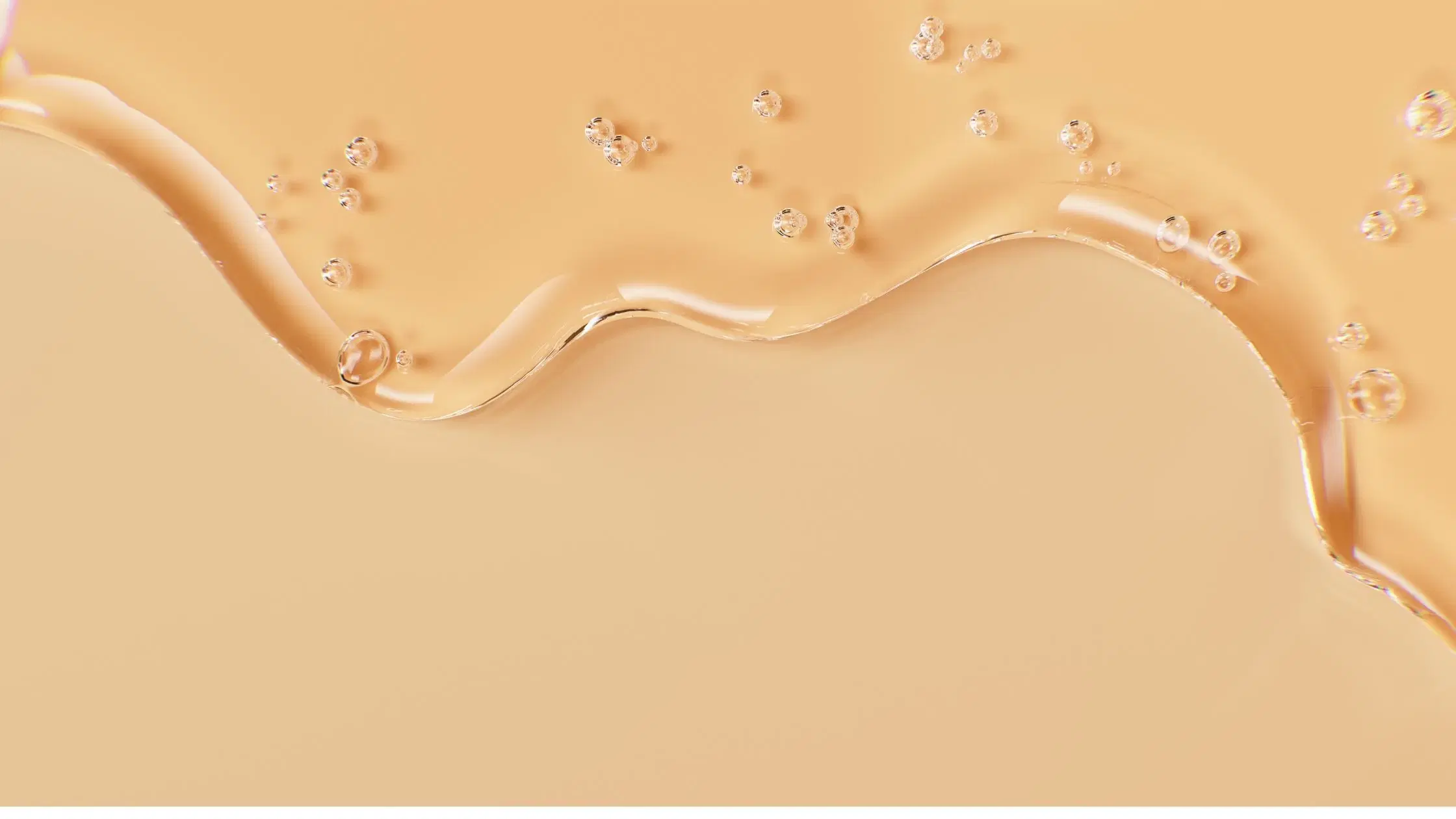
Beauty & Skincare
•04 min read
-9872eb55-9af0-4022-8644-bd8f05e8333e.png&w=3840&q=75)
Oily skin can be both a challenge and an opportunity to refine your skincare routine. In this guide, we explore key differences between moisturizers and serums and discuss what oily skin truly needs. Readers will learn how to balance hydration and targeted treatment, ensuring your skin feels balanced, refreshed, and confident every day.
The primary cause of oily skin is overactive sebaceous glands producing excess sebum. This can be influenced by genetics, hormonal changes, climate, and environmental conditions. Many people with oily skin experience clogged pores, acne, and a shiny appearance, making it crucial to understand the root causes to tailor your skincare routine effectively.
Even if your skin tends to be oily, hydration remains a key component in maintaining balance. Dehydrated skin can paradoxically trigger even more oil production. That is why lightweight, non-comedogenic products are best for addressing oily skin needs. They provide essential hydration without clogging pores, keeping your skin both healthy and comfortable.
Moisturizers are more than just a hydrating solution. They lock in moisture and create a barrier against environmental stressors. For oily skin, non-comedogenic and oil-free formulations work best, as they offer hydration without extra shine. Ingredients like hyaluronic acid and glycerin help your skin retain moisture, keeping your routine effective without worsening oiliness.
When selecting a moisturizer, opt for lightweight, gel-based formulas that absorb quickly. Avoid heavy, oil-based options that can clog pores and potentially increase acne issues. Many formulations also include sun protection, guarding your skin from harmful rays that can lead to further imbalance and increased oil production. Using the best moisturizer for oily skin can be the first step to controlling oily skin while keeping your skin refreshed throughout the day.
-5ba1f1f6-995b-4617-a1ff-43890351cff7.png&w=3840&q=75)
Serums are lightweight and fast-absorbing liquids brimming with active ingredients. They are designed to target specific concerns such as acne, enlarged pores, or uneven skin texture. For those looking at a comprehensive skincare routine for oily skin, serums with salicylic acid, niacinamide, or vitamin C can help control oil production and clear up skin imperfections. Incorporating a serum into your routine ensures that you're addressing specific skin needs with precision.
Understanding the differences between serums and moisturizers can simplify your daily ritual. Moisturizers focus on hydration and protecting your skin's barrier, while serums are designed to deliver potent ingredients deeply into the skin. Typically, serums are applied before moisturizers to maximize their absorption. Together, they form a powerful duo in managing oily skin and acne, offering both hydration and targeted treatment.
Creating a consistent skincare routine tailored for oily skin can transform your daily regimen. Begin with a gentle, foaming face wash such as the best face wash for oily skin to remove excess oil and impurities without stripping your skin. Follow with an alcohol-free toner to minimize pores and restore pH balance. Next, apply a serum that addresses specific concerns before sealing in hydration with a lightweight, oil-free moisturizer. Finally, always include a non-comedogenic sunscreen to safeguard your skin from sun damage while maintaining your routine’s balance.
When choosing products for oily skin, look for labels that promise gentle care and non-comedogenic formulas. Explore face washes that are formulated to refresh and cleanse without irritation. In the serum category, key ingredients like niacinamide and salicylic acid help regulate oil production and target acne. As for moisturizers, favor gel-based or water-based options with hydrating ingredients such as hyaluronic acid.
For those seeking natural remedies for oily skin, there are simple ingredients you might already have at home. Natural remedies like aloe vera gel or tea tree oil can soothe and balance the skin. Clay masks with bentonite or kaolin are excellent for absorbing excess oil and purifying the pores. Incorporating green tea extract or witch hazel into your routine as natural toners can further minimize shine and reduce inflammation, making them a smart addition to your daily skincare regimen.
Lifestyle choices play a significant role in managing oily skin. A balanced diet rich in antioxidants and low in refined sugars can help alleviate inflammation that often triggers oil production. Maintaining proper hydration throughout the day is equally vital, as moisture helps prevent your skin from overproducing oil. Moreover, try to avoid touching your face frequently to prevent the spread of bacteria, which can worsen acne. These daily habits, combined with an effective skincare routine, can make managing oily skin more straightforward and rewarding.

Expert Tip: Hydration Is Key for Oily Skin
Did you know that skipping moisturizer can make oily skin worse? When your skin is dehydrated, it compensates by producing even more oil. Opt for lightweight, non-comedogenic moisturizers to keep your skin hydrated and balanced, which is a cornerstone in achieving a flawless look.
Hormonal fluctuations, especially during menstrual cycles, pregnancy, or menopause, often increase sebum production in females.
Yes, serums infused with active ingredients like niacinamide or salicylic acid can help control oil production and improve skin clarity.
Choose lightweight, gel-based or water-based moisturizers that are non-comedogenic and enriched with hydrating ingredients such as hyaluronic acid.
Natural remedies like aloe vera, tea tree oil, and clay masks can help soothe and balance oily skin when used as part of a broader skincare regimen.
While you cannot permanently change oily skin, a consistent skincare routine combined with lifestyle changes can significantly manage and reduce its impact.
Oily skin requires a thoughtful approach to hydration, targeted treatments, and lifestyle habits. Both moisturizers and serums have unique roles, working together to balance sebum levels and address issues like acne and clogged pores. By understanding and implementing the right products for oily skin, you can achieve a fresher, clearer complexion. Explore more skincare tips and discover how a tailored routine can unlock the full potential of your skin.